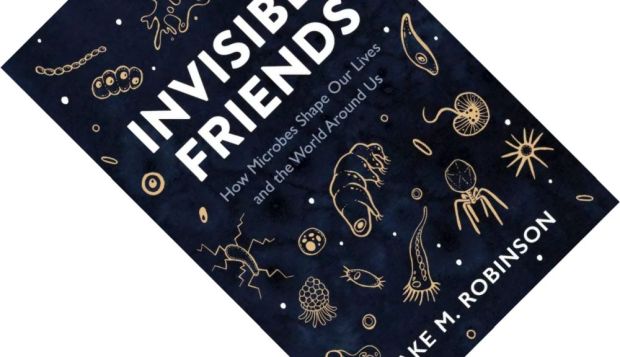7-minute read
keywords: microbiology, popular science
As the invisible glue that holds the world together, microbes might well be some of the most underappreciated life forms on our planet. While the previous review of The Curious World of Bacteria dealt with “the who” by discussing fifty noteworthy bacteria, Invisible Friends deals with “the what and how” by discussing the many beneficial and vital roles microbes play in our lives. This is an enthusiastic and hopeful romp through microbiology that encourages readers to rethink their relationship with nature and see themselves as embedded in it. Keep your critical thinking caps at hand though, as the book gets starry-eyed in places.









